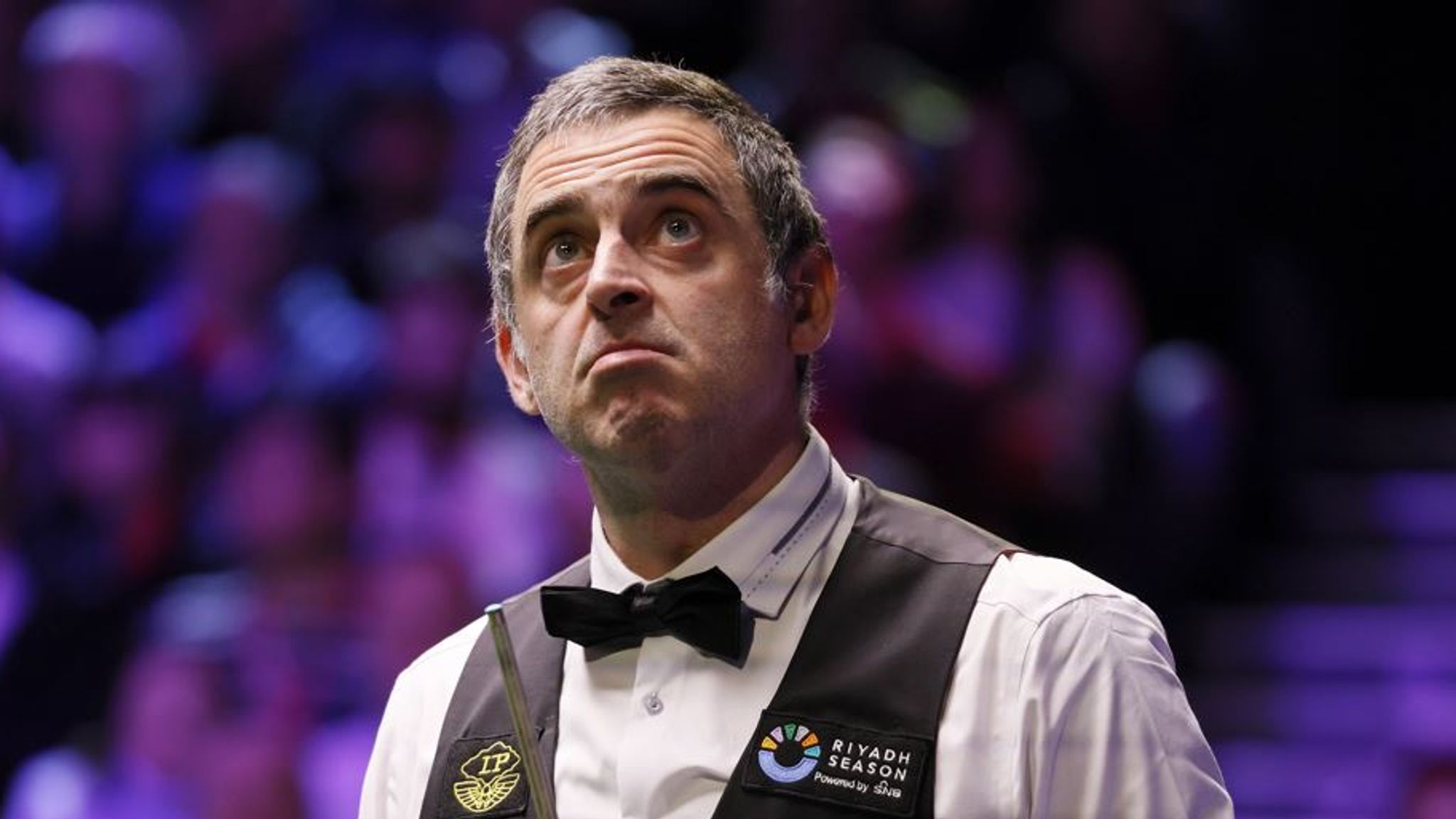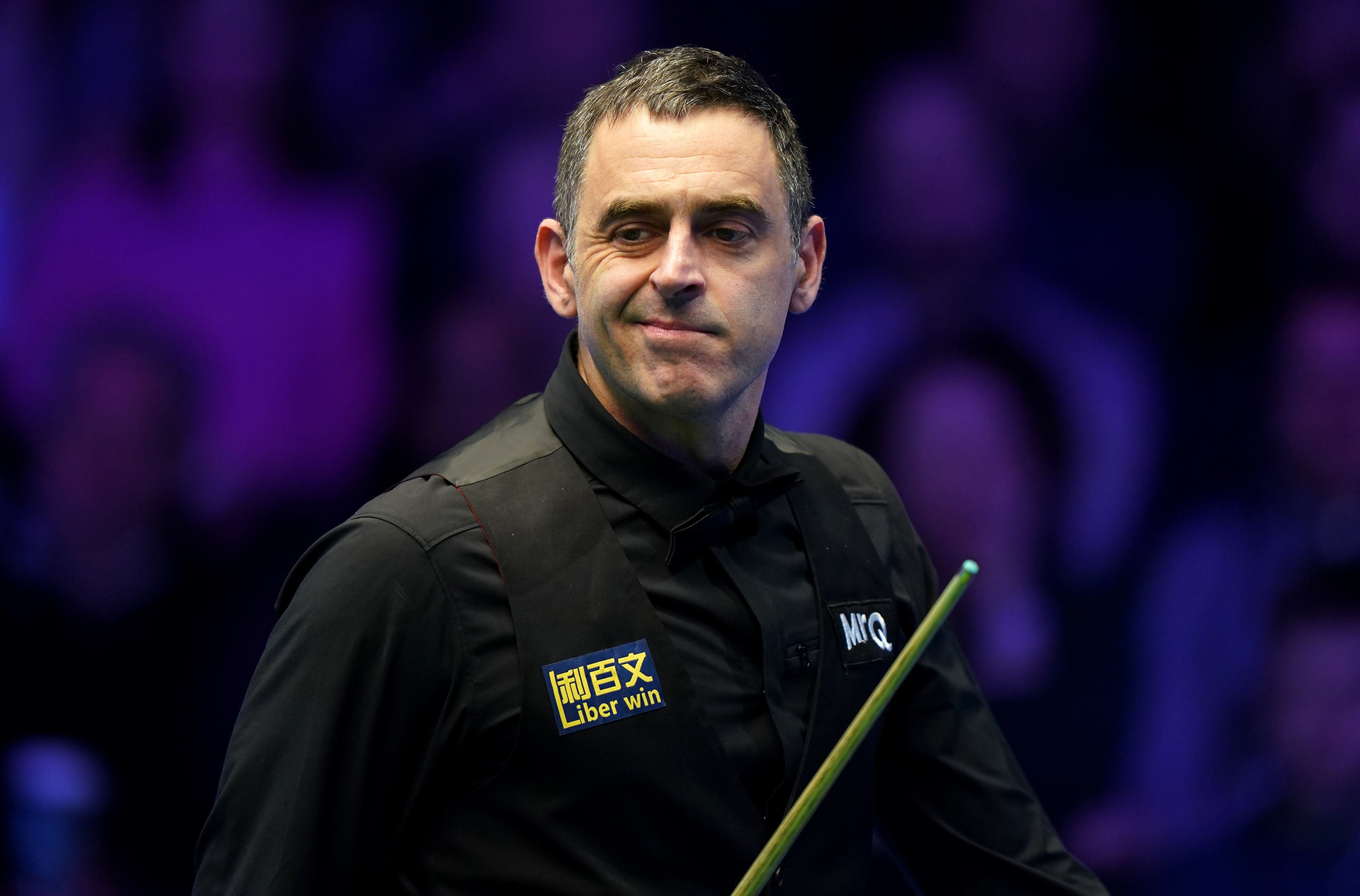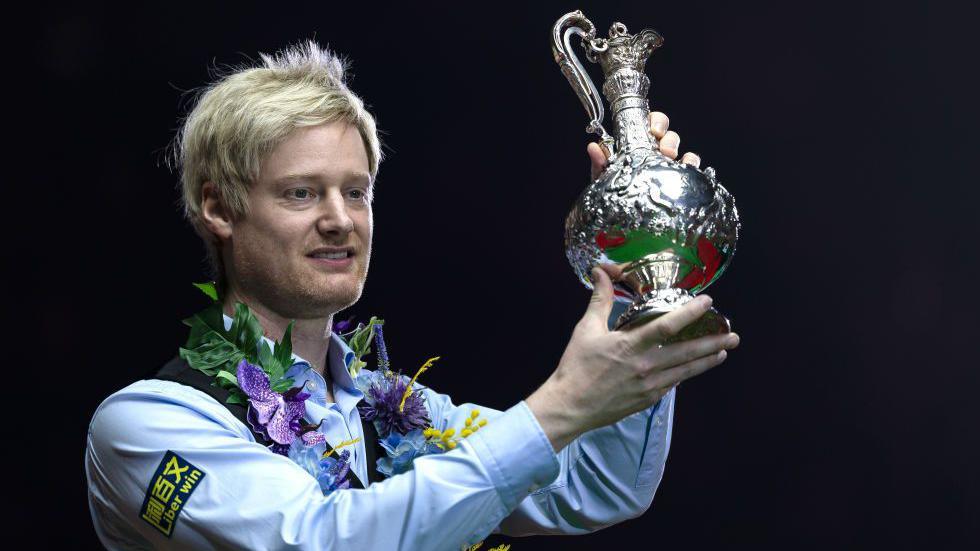From £500K Glory to Shock Exit: The Week That Shook Snooker
How can a sport deliver the highest of highs and, within days, the deepest of shocks? Snooker fans barely had time to celebrate one of the most thrilling finals in recent memory before the Wuhan Open was rocked by a triple blow. Ronnie O’Sullivan, Neil Robertson, and Ryan Day — three giants of the game — all withdrew within hours of each other. Suddenly, what was shaping up to be a blockbuster event became a test of resilience for the rest of the field.
Setting the Stage
The snooker calendar has always demanded stamina, but 2025 has been especially relentless. Just days after Robertson defeated O’Sullivan 10–9 in a Saudi Snooker Masters epic, the tour caravan was set to roll into China. The Wuhan Open, boasting £700,000 in prize money, was meant to showcase the sport’s elite. Fans anticipated a rematch, rivalries, and fireworks. Instead, they got silence, shock, and a redrawn bracket.
![]()
Early Calm Before the Storm
On August 19, World Snooker Tour confirmed the unthinkable: Ronnie O’Sullivan would not play in Wuhan. At 49, the seven-time world champion admitted exhaustion had caught up with him. His Saudi campaign — two maximum 147s in the semifinal, and a breathtaking final against Robertson — left him drained. He told fans: “It was a great week, but I feel very tired and need to look after my body.”
Turning Point – Momentum Shifts
If Ronnie’s withdrawal stunned fans, Robertson’s decision shocked them even more. Fresh off his £500,000 triumph — the biggest payday of his career — Robertson should have been riding a tidal wave of momentum. Instead, the Australian announced he was skipping Wuhan. Just days earlier he was lifting trophies; now he was choosing rest over risk. For someone who had clawed back into the world’s top three after missing Crucible qualification the previous season, the timing was unexpected.
Struggles & Drama
Behind the scenes, however, the signs were clear. Robertson had endured weeks of travel: Shanghai, Hong Kong, Saudi Arabia. At 43, balancing form, fatigue, and family matters became a battle of its own. He credited his resurgence to sports psychologist Helen Davis and coach Joe Perry, but even the strongest mindset can’t always override a body screaming for rest. With guaranteed entries into the Players Series and Champion of Champions already secured, Robertson could afford to step back.
Ryan Day’s exit, though less publicized, added to the chaos. His withdrawal handed walkovers to Rianne Evans and Jack Lisowski — proof that even second-tier names can feel the ripple effect of top-level scheduling.
Closing the Show
The Wuhan Open’s draw was suddenly transformed. Defending champion Xiao Dong, world number one Judd Trump, and home hero Ding Junhui now stood center stage. The tournament, stripped of three global stars, still promised drama — but it was no longer the drama fans had expected.
Why It Matters
This week highlighted a growing truth: modern snooker demands more than skill. It demands stamina, sacrifice, and smart scheduling. For O’Sullivan, it was a reminder that greatness must be balanced with health. For Robertson, it showed that even in peak form, rest can be the bravest choice. And for fans, it was a bittersweet lesson in how quickly momentum can turn.
Legacy & Final Thoughts
Snooker thrives on unpredictability, and Wuhan 2025 will forever be remembered for its triple shock. Yet, in the absence of giants, new heroes may rise. Evans, Lisowski, or even China’s next prodigy could seize the moment. Because in snooker, as in life, when the legends step aside, the stage never stays empty for long.
FULL VIDEO
Ronnie O’Sullivan Blasts Young Stars: “I’d Need to Lose an Arm and a Leg to Fall Out of the Top 50”

Ronnie O’Sullivan vs. The Next Generation: Brutal Words From The Rocket
When Ronnie O’Sullivan speaks, the snooker world listens—sometimes with awe, often with outrage. The six-time world champion and widely acknowledged greatest cueist of all time has never shied away from controversy. His latest target? The younger generation of professional players.
In a series of interviews, O’Sullivan dismissed the idea that today’s rising stars represent a real threat to his supremacy. In his own cutting words, he declared he would “need to lose an arm and a leg” just to fall outside the top 50 rankings.
A Career Built on Firepower and Brutal Honesty
O’Sullivan’s genius on the baize is unquestionable: multiple world titles, the fastest 147 in history, and a style of play that combines artistry with ruthless efficiency. But it’s his outspoken nature that continues to polarize fans and pundits alike.
From branding tournaments “tinpot” to walking out mid-frame, the Rocket has made headlines for decades. His latest remarks fit a familiar pattern: mixing sharp truth with biting sarcasm.

The Claim: Weak Competition
O’Sullivan’s criticism centers on what he sees as a decline in the overall standard of snooker. He has argued that while young players may be talented, they lack the consistency, mental toughness, and flair of previous generations.
“These kids aren’t even close to the level of Hendry, Higgins, or Williams when they were their age. Honestly, I’d need to chop off both an arm and a leg before half of them could push me out of the top 50.”
The line instantly went viral, with social media buzzing over whether it was classic O’Sullivan arrogance or a brutal truth about the sport’s talent pool.

Reactions From the Circuit
The remarks sparked mixed reactions. Some fans defended O’Sullivan, arguing that the Rocket has earned the right to speak his mind after three decades at the pinnacle. Others accused him of disrespecting younger pros fighting to establish themselves in a cutthroat sport.
Several players quietly suggested that Ronnie’s words were part mind games, part self-promotion. One top-20 star responded off-record: “Ronnie loves to stir the pot. He knows it gets him—and the game—into headlines. But if he thinks we’re weak, we’d love to prove him wrong at the table.”
Why Ronnie Might Have a Point
Statistically, O’Sullivan’s dominance deep into his late 40s supports his claim. While most sports see legends fade, Ronnie remains competitive, regularly outclassing players half his age. His match IQ, shot selection, and ability to handle pressure set him apart.
The younger generation, though promising, has yet to produce a player capable of consistently challenging him at the Crucible or Masters. Judd Trump is an exception, but even Trump has admitted Ronnie’s presence raises the bar.
The Larger Debate: Tough Love or Disrespect?
This controversy feeds into a larger debate about how much respect legends owe their successors. Some argue O’Sullivan is right to expose mediocrity and push young players to higher standards. Others believe his public dismissals demoralize the very talent snooker needs to thrive.
Either way, O’Sullivan’s words once again place him at the center of the sport’s cultural conversation. For decades, he has been both its greatest ambassador and its most unpredictable critic.

Legacy Unshaken
Regardless of whether you see his comments as comedy, cruelty, or unfiltered honesty, one truth remains: Ronnie O’Sullivan still defines modern snooker. His game, his attitude, and his relentless individuality ensure that every time he chalks his cue—or opens his mouth—the world pays attention.
And for today’s young stars, perhaps that’s the ultimate challenge: not just beating O’Sullivan on the table, but proving his words wrong.








